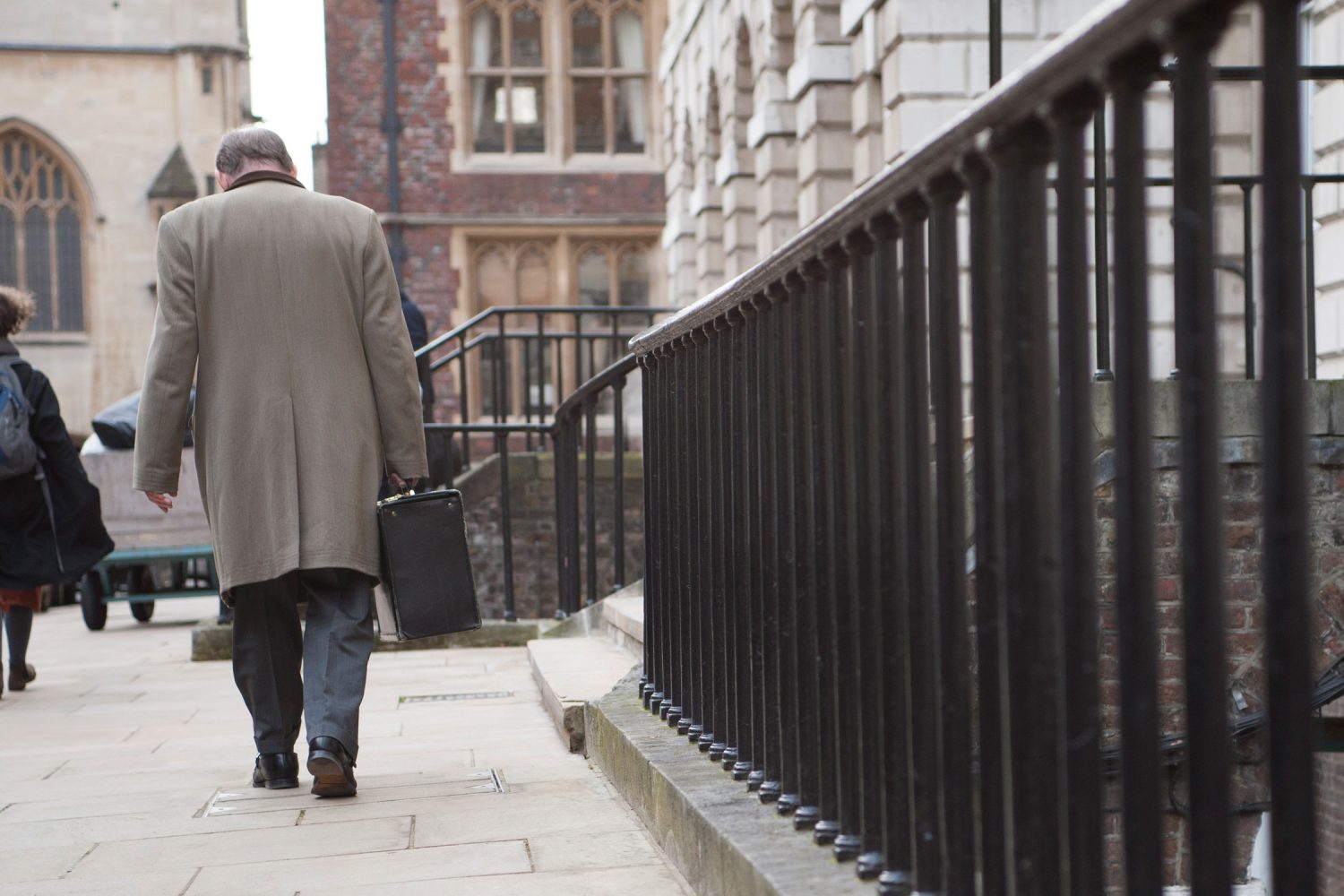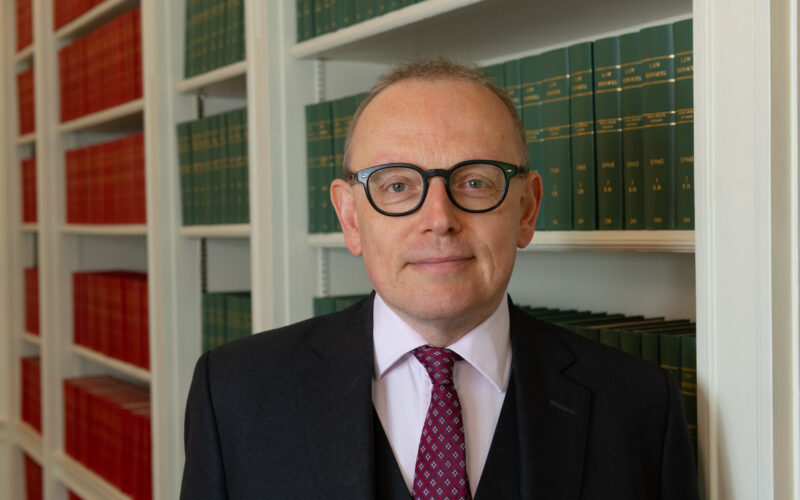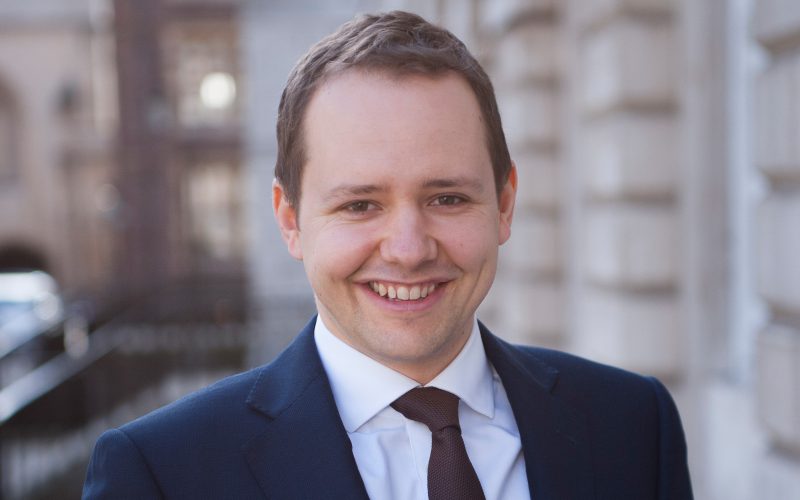Court of Protection gives judgment in Re MJL [2019] EWCOP 31 in relation to proposed gifts with the purpose of tax planning
The Court of Protection has given judgment in the case of Re MJL [2019] EWCOP 31, in which MJL’s sibling and Deputy for Property and Affairs (FL) sought authorisation for statutory gifts out of MJL’s assets for the purposes of tax planning.
Facts
MJL was in his sixties and was unmarried, with no children. He had four siblings – FL, RL, BL and AR. MJL’s parents had died. MJL lost capacity in November 2007, aged 54. He had an estate valued in excess of £17m (a substantial part of which had been given to him by his parents before he lost capacity) and had the benefit of NHS Continuing Healthcare funding, the equivalent private cost of which was £175,000 a year. He had a substantial income/ expenditure surplus each year. His siblings were also all independently wealthy, principally as a result of money passed to them by their parents.
In 2010, the court authorised a statutory will to be made on behalf of MJL, which provided for 60% of his estate to be held for his siblings in equal shares and the remainder to be divided between five charities.
The proposals
The Applicant sought authority to make gifts totalling some £1.184m (being the total surplus income which arose in his estate between July 2009 to July 2017) to MJL’s siblings, with the intent that such a gift would mitigate Inheritance Tax on his estate owing to being a gift out of surplus income under s. 21 of the Inheritance Tax Act 1984 (‘IHTA 1984’). The Applicant sought authority to make a gift out of capital of £789,591 to the charitable beneficiaries named under MJL’s Will. The proposed gifts to the taxable beneficiaries and the proposed gifts to the charitable beneficiaries were in the ratio 6:4; which reflected their respective shares under the statutory will.
The Applicant further sought authority to make ongoing gifts to the taxable beneficiaries from MJL’s future surplus income (from the year ending 2018 onwards), subject to an annual reserve of £20,000, again with the intention of s. 21 IHTA 1984 applying. Authority was then sought to make ongoing gifts to the charitable beneficiaries from MJL’s capital according to a formula which would ensure gifts would be made each year in a 60:40 ratio between the siblings and the charities.
The Official Solicitor opposed the Applicant’s proposal and put forward her own more limited proposed gifting as follows:
- A gift of £1,184,387 be made and divided as follows:
- 60% to the siblings in equal shares;
- 40% to the charitable beneficiaries in the same proportions as in the Will.
- Ongoing gifts of MJL’s surplus income be made and divided as follows:
- 60% to the siblings in equal shares;
- 40% to the charitable beneficiaries in the same proportions as in the Will.
The Official Solicitor opposed the Applicant’s proposal on six main grounds at the final hearing:
- As per previous authority (in particular PBC v JMA [2018] EWCOP 19), there could be no assumption that MJL would have embarked on tax planning and/or lifetime gifting.
- In this case, there was no evidence of high value gifts of MJL’s existing assets, apart from a £20,000 or £25,000 gift to a family charity in 1988. The evidence of him foregoing or giving up future benefits from family trusts was also in favour of charity.
- In this case, there was no evidence that MJL had any desire for tax planning.
- In this case the tax liabilities of MJL’s estate had already been significantly mitigated by a number of means, including testamentary charitable gifts and investment in assets which would attract Business Property Relief.
- Such evidence as was available suggested that MJL’s social conscience might have led him not to do embark on any estate planning. He had left-leaning views and was a supporter of the Labour Party.
- The court needed sufficient certainty of any gifts it was authorising, which the Applicant’s original proposal had failed to provide.
Decision
District Judge Ellington authorised the gifting proposed by the Official Solicitor, holding inter alia:
- None of the siblings had spoken to MJL directly about his financial affairs, other than to try to get him to take financial advice. MJL had reached the age of 54 before he lost capacity and had done no significant tax planning. The position as to whether he would have undertaken tax planning therefore started at neutral.
- It was not clear MJL would have considered further substantial gifting to his siblings to be a benefit to them. MJL had said he wished to decline further assets from family trust(s), but this was not in favour of his family, but in favour of charitable causes. It did not appear to be in his best interests to add significantly to the wealth of his siblings.
- Although MJL had not made a Will prior to losing capacity, this was not a considered decision to benefit his siblings by way of the intestacy rules.
- The court declined to accept the Applicant’s proposition (if proposed as necessarily true) that structuring one’s tax affairs in a manner which enhances the provision that can ultimately be made under one’s will for family and other beneficiaries clearly affected how a person was remembered.
- Given that he was being cared for by the state, MJL would probably not have wanted to reduce taxes to that state to any great degree, although other factors weighed more heavily than this.
- It was not in MJL’s best interests for substantial tax planning to be undertaken.
- The Official Solicitor’s proposal recognised MJL’s current circumstances, his love for his siblings and his clear commitment to charitable giving.
You can find a copy of the judgment here.
David Rees QC appeared for the Applicant and William East appeared for the Official Solicitor.


